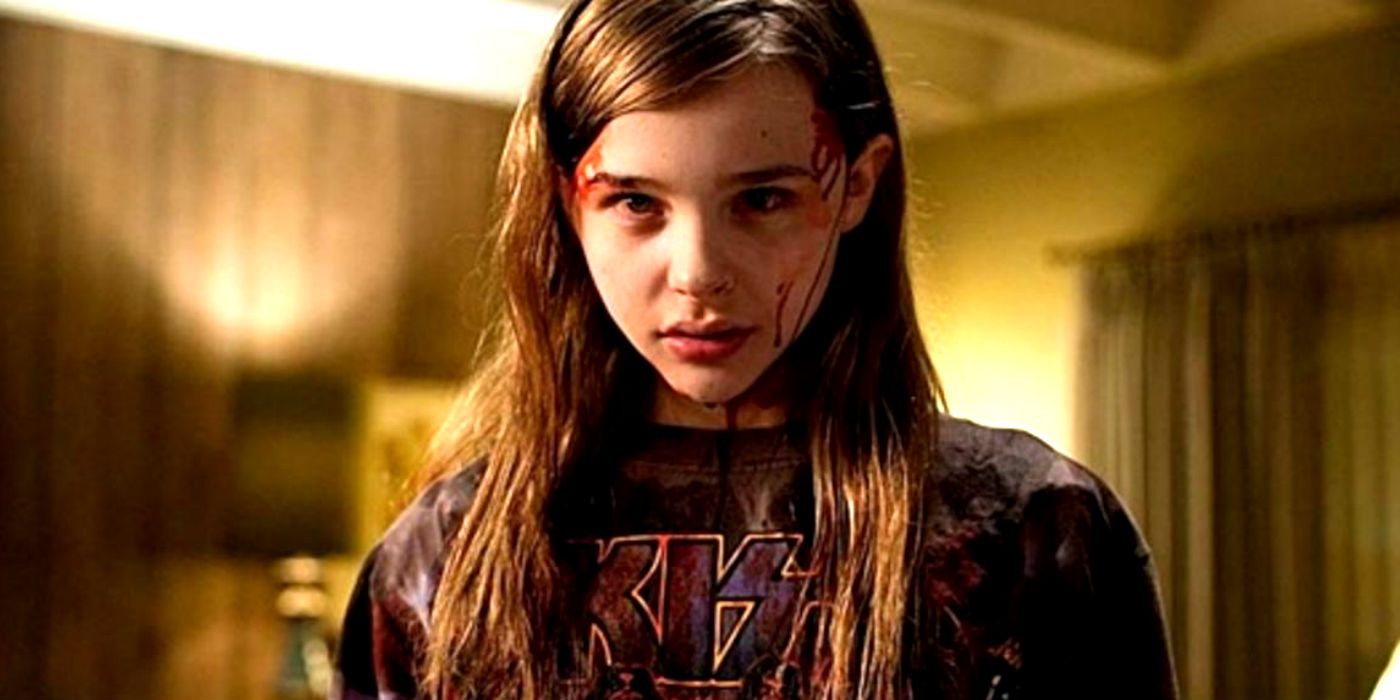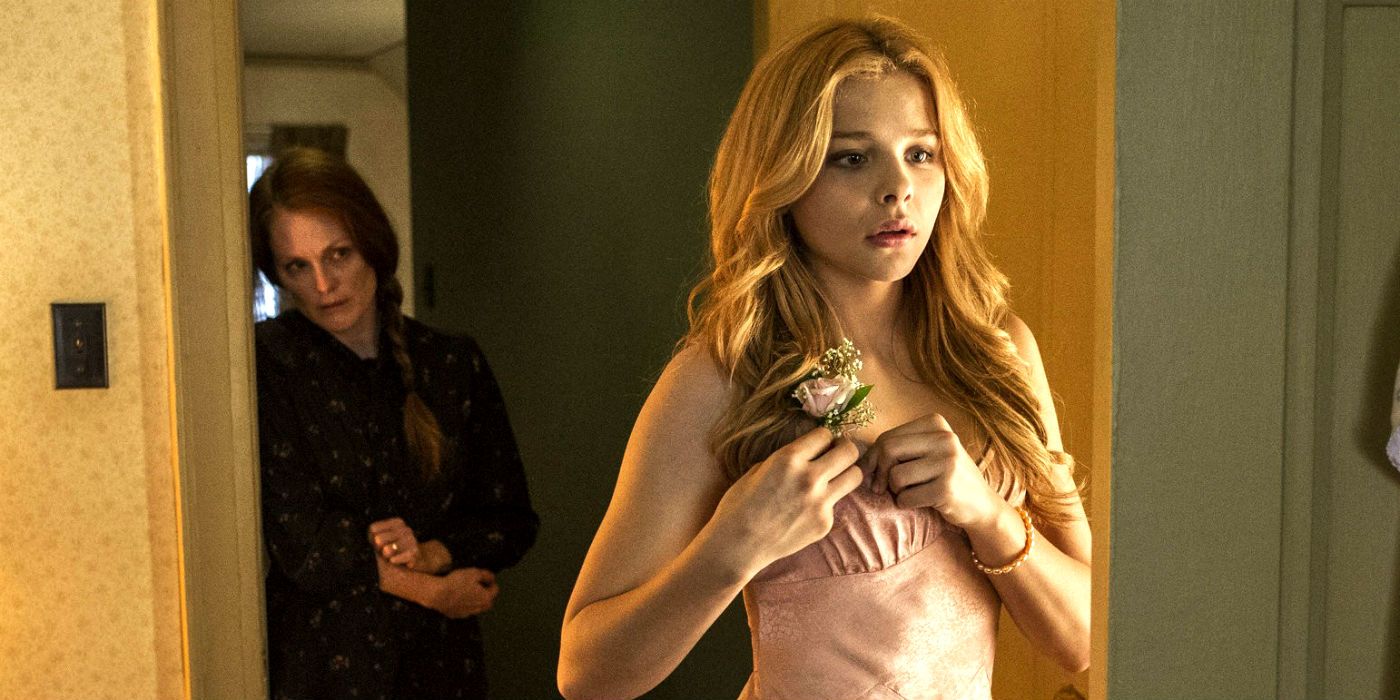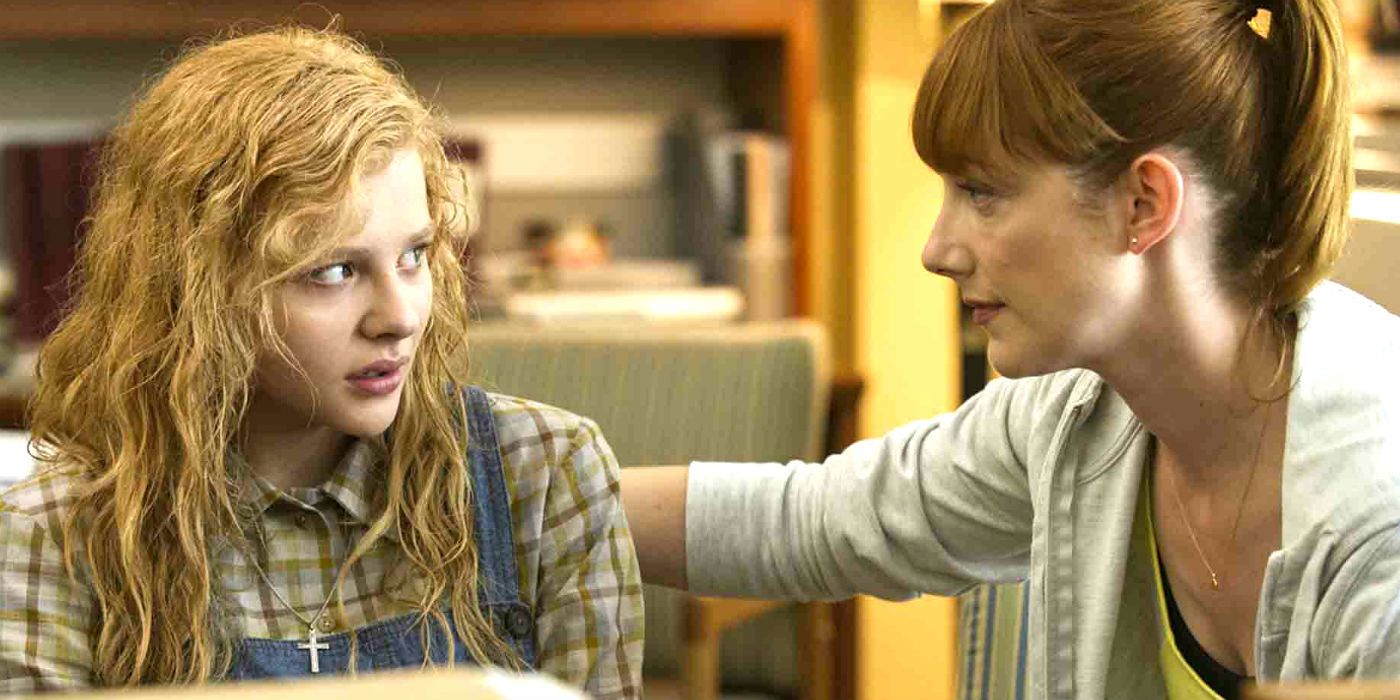Carrie is one of Stephen King's most beloved and iconic classics; its initial release to film was in 1976, and the 2013 remake from director Kimberly Peirce was met with less than savory reviews of how the film got the message and overall tone so wrong.
The first of King's works to be adapted to Carrie, and a film that has been frequently cited with starting his lucrative career as a writer, the 2013 version is not the first to try to take its spin on the original material. There was a direct sequel, The Rage: Carrie 2, in 1999 as well as a TV movie in 2002. Peirce seemed like a fantastic fit for the remake, given her success with films like Boys Don't Cry, and Roberto Aguirre-Sacasa (Riverdale) was chosen to pen the screenplay with the specific instructions to try to create a very faithful adaptation to the book. Chloë Grace Moretz was cast as Carrie White and Julianne Moore landed the role as her overbearing, religious mother, Margaret White.
While this all seemed like a recipe for success on the surface, the film fell drastically short of reaching the heights of the original. In a way, it clung too closely to its predecessor in lieu of trying to add anything unique to the film. Carrie's remake also tried to embrace a modern setting instead of the '70s aesthetic that the book and film had, but lost itself in translation by not using modern technology to its advantage to create a divide in material and overall setting.
The Carrie Remake Leaned Too Hard On The Original
While there's nothing wrong with staying faithful to the source material, especially with King's more iconic and well-known works that deliver such a strong story, there is something to be said for adding some sort of unique quality to remakes, particularly when the original film was so strong. Because of this, Carrie felt stagnant and could have pushed itself further, capitalizing on other aspects of the story that weren't addressed in the first movie. Given that Aguirre-Sacasa was asked to keep his screenplay close to King's material, there were quite a few aspects of the book that weren't interpreted or included in the 1976 version which could have opened a door to the unique quality this one needed.
In particular, Moore's portrayal of Margaret White could have been taken further to mimic the radical Christian movement that was emerging in the mid and late 2000s. Despite her unwavering commitment to the role that was, on its own, a standout performance, she fell too closely in line with the original actress who played the role, Piper Laurie. There were also scenes that didn't have a proper place in the overall narrative that seemed thrown in just to be nods to the original without serving any sort of larger purpose.
Carrie Failed To Speak To A Modern Audience
One huge difference between a story about a high school girl in the '70s and one in the '10s is the massive change in technology and the accessibility therein. Carrie's modern version utilized technology to some degree, such as the scene where she gets her period in the locker room and then is filmed on the shower floor in her own blood by a group of popular girls. They throw pads and tampons at her, and even go so far as to upload the video to the Internet, but ultimately, this storyline tapers off and nothing becomes of it. It is shown at the Prom in the film's most notorious scene, but it doesn't have the same feature that the blood being dumped on her does; the choice not to shift focus made many fans wonder what the point of the video was at all.
Carrie not using technology much on her own is logical, since she is raised in an extremely sheltered format, but the bullying was such a heavy-handed theme of the film that it could have been pushed further and used as more of a central theme and commentary of the times and what teenagers suffer in the modern world, rather than leaning on past methods to torment the outcast kids. Overall, the remake wasn't the most successful of the franchise, but certainly wasn't the weakest and leaves room for another, better version to emerge in the future since this one fell flat.



